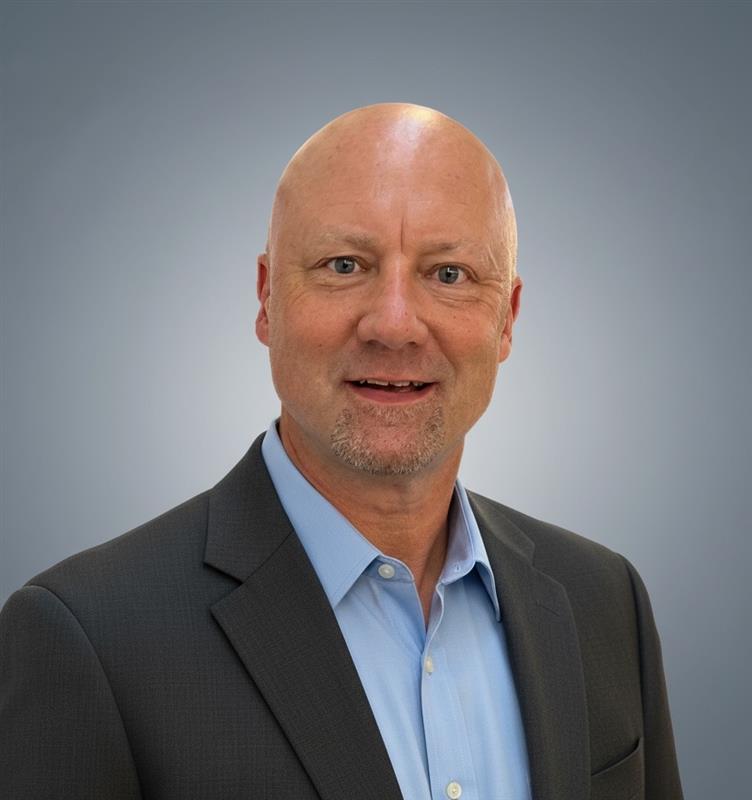
Soliish automates PAP replacement cycles for predictable recurring revenue
The sleep industry is at a critical inflection point. Of note, Durable Medical Equipment (DME) providers are under growing pressure to do more with less - manage complex patient populations, ensure compliance, and sustain growth in an increasingly value-based care model.
That's where PAP replacement automation changes the game.

"Soliish removes friction on both sides — it makes it easier for patients to get a new prescription for PAP replacement, and it gives our teams and provider partners tools that speed up therapy access. That combination is exactly what the DME industry needs right now."
Robert Miller, Former Vice President of Sleep and Respiratory Business, Apria
The PAP replacement challenge most DMEs struggle with
Every DME provider knows that PAP device replacement should be straightforward.
The patient already has an established diagnosis. Insurance covers replacements every five years. The relationship exists.
In theory, PAP replacement should be one of the most predictable recurring revenue streams in the business. Unfortunately, in practice, it rarely works that way.
The problem isn’t patient willingness. It’s the administrative maze required to get patients requalified.
Payers require updated documentation confirming continued medical necessity. That means reconnecting patients with a sleep physician - often someone they haven’t seen in years. Moreover, scheduling takes weeks, and documentation gets passed between multiple parties. On the whole, every step adds friction and delay.
This is where most PAP replacement cycles break.
In partnership with Arima Health, a best-in-class national sleep telehealth care provider, Soliish eliminates these bottlenecks through connected digital workflows designed specifically for CPAP replacement cycles.
1. Automated patient identification for PAP replacement eligibility
The process begins with automated campaigns that identify eligible patient populations using:
When someone enters their PAP replacement window, the system automatically triggers outreach - via text, email, or phone—depending on patient preference.
That means no manual list-pulling, no reports, and no batching.
2. Smart outreach that guides patients to instant access
From the very first message, patients are guided directly to schedule a sleep telehealth visit.
Soliish allows patients to self-schedule virtual consultations with Arima Health sleep providers within days - often the same day.
During these visits, providers:
3. Complete digital prescription packets delivered automatically
After the virtual evaluation(s), the entire digital documentation package returns to the DME with:
Everything is complete, formatted, and ready for order processing.
This means no faxing. No missing signatures. No back-and-forth with physician offices, and no resending forms.
What previously took weeks to months can now be completed within days.
The best part is—DME staff shift from administrative coordination to patient support and exceptions, where they actually create value.
When renewal cycles are reliable, finance teams can forecast accurately. Cash flow improves as billing cycles compress.
DMEs using Soliish consistently see conversion rates increase because the workflow becomes dramatically easier for patients to complete.
Shorter cycles mean equipment ships sooner.
As patient populations grow, PAP replacement volume increases without adding administrative strain.
The DME industry is experiencing a decisive shift toward digital-first operations. Patients increasingly expect the convenience of online scheduling, automated reminders, mobile-friendly communication, and virtual care—standards set by modern consumer technology. Against this backdrop, traditional workflows built around phone calls, faxes, and multi-step office coordination feel outdated and inefficient.
Organizations that have already moved to automated workflows are seeing meaningful gains. Efficiency improves, patient satisfaction increases, and teams are able to support more volume without additional strain. These DMEs are also establishing a long-term competitive advantage as the rest of the industry works to catch up.
PAP replacement stands out as one of the most obvious opportunities for automation. The process is standardized, the clinical requirements are predictable, and the patient relationship already exists. What has been missing is the infrastructure to bring everything together into a single, streamlined workflow.
Soliish provides that missing infrastructure.
Soliish integrates directly with existing DME management systems, EHRs, and billing platforms using standard APIs—making adoption smooth, fast, and minimally disruptive.
Most DMEs begin processing automated renewals within 30–45 days. The platform is fully HIPAA-compliant, with security built into the architecture.
The outcome is simple:
Predictable recurring revenue, faster replacement cycles, and zero administrative drag.
Soliish connects patients, providers, and DMEs via digital workflows built for sleep care. The platform automates PAP replacement engagement, scheduling of telehealth visits, and routing of complete prescription packets directly to DMEs.
Find answers to frequently asked questions about our technology and services.
PAP replacement refers to the ongoing cycle of supply replenishment and patient engagement after initial setup. Traditionally, this process involves multiple manual steps:
- Contacting patients for supply reorders
- Verifying insurance eligibility
- Tracking compliance and documentation
- Coordinating shipments and follow-ups
While necessary, this manual workflow consumes time, increases operational costs, and leaves room for patient drop-off. Each missed reorder means lost revenue and, more importantly, a potential lapse in therapy.
Most payers allow CPAP machine replacement every five years, as long as medical necessity is reconfirmed.
The biggest bottlenecks are scheduling visits with sleep physicians, missing documentation, and manual coordination between multiple parties.
PAP replacement automation uses digital workflows to identify eligible patients, engage them automatically, route them to telehealth for requalification, and return complete prescription packets to DMEs.
Telehealth dramatically reduces scheduling delays-patients can often complete requalification in the same week.
If you need technical help or guidance, we’re just an e-mail away.